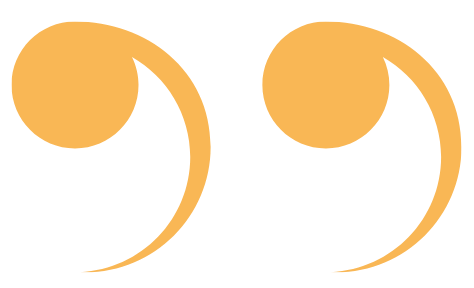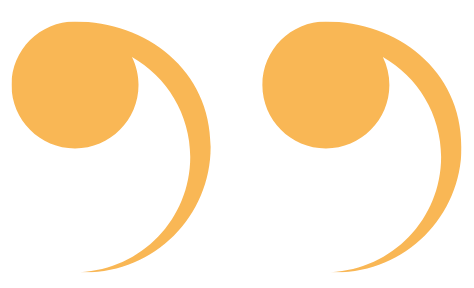
Trauma-Informed & Responsive Yoga Training
Build confidence, deepen impact, and teach yoga with compassion. Learn nervous-system science, choice-based cueing, and safer-space facilitation to create supportive, empowering classes. If you want to become the teacher students trust—because they feel grounded, seen, and safe with you—this training is the bridge.
Teach with confidence. Lead with compassion. Create spaces where healing becomes possible.
Trauma is not a rare event. It’s an everyday reality shaping how people breathe, move, connect, and cope. In every yoga room, someone is quietly holding more than their body.
When you understand how trauma impacts the nervous system—and how yoga helps people reconnect, regulate, and rebuild trust—you unlock a completely different level of leadership as a facilitator.
This training is where that transformation begins.
Find out if it's right for you
Why Trauma-Informed & Responsive Yoga Matters
Trauma isn’t defined by “what happened,” but by what was experienced as too much, too soon… too much, for too long… or not enough for too long.
Science now confirms what the yoga tradition has held for centuries:
when people feel safe enough to be present, their bodies re-learn how to soften, regulate, and connect.
Trauma-informed and responsive yoga integrates:
• the five core principles of safety, trust, choice, collaboration, and empowerment
• the expanded principles of transparency, voice, cultural awareness, mutuality, and peer support
• the modern science of polyvagal theory, interoception, somatics, and nervous-system regulation
• the traditional yogic wisdom that centres agency, breath, and the intelligence of being in one’s body
Who This Is For
This training is designed for:
• Yoga teachers
• Yoga therapists
• Movement educators
• Wellness facilitators
• Clinicians who incorporate yoga or somatics
• Teachers who want safer, more inclusive spaces
• Anyone deepening their personal healing or understanding of trauma
Whether you’re new to teaching or deeply experienced, you’ll find tools you can use immediately.
Your role becomes more than “teacher.”
You become a facilitator of safety, agency, and healing connection—without stepping outside your scope, and without needing to be a therapist.
If your work involves group classes, private sessions, community programs, clinical settings, or therapeutic spaces, this training gives you the clarity and tools to serve with confidence.
Ready to explore whether this training is the right fit?What to Expect in the Training Experience
• A trauma-responsive yoga practice to land in your body
• A facilitated, supportive learning environment built on co-creation
• Real examples, shared stories, and collaborative inquiry
• Guided self-reflection exercises
• Small-group discussions
• Practice teaching and compassionate peer feedback
Recently, participants rated this experience 4.5/5, noting how grounding, practical, and transformative it was.
They consistently share that:
“Housekeeping and community agreements are not wasted time.”
“Trauma responsive yoga is simply good yoga.”
“De-escalation skills changed the way I teach.”
“Understanding the vagus nerve helped everything click.”
“Group discussions helped me see past my own assumptions.”
“Choice-based teaching brought my classes to life.”
“The connection between yoga philosophy and trauma response was profound.”
Learn how this program supports your next level as a teacher.
Meet Nate.
A neuro-queer, trans social worker and therapist with 15+ years experience across correctional facilities, youth settings, community health, and private practice. Trained in IFS, EMDR, and yoga therapy in the Krishnamacharya lineage, Nate brings a rare blend of clinical insight, deep listening, and compassionate attunement.


Meet Niya.
An award-winning IAYT-certified yoga therapist and narrative-medicine facilitator, specializing in accessible, therapeutic yoga for complex bodies and nervous systems. With extensive experience designing and leading adult-learning programs—including mindfulness-based leadership development—Niya bridges ancient wisdom with modern science in a grounded, inclusive way.
What This Training Makes Possible
You don't need “more knowledge.”
You want a transformation—in your teaching, in your confidence, and in the impact you have on your students.
This isn’t a checklist.
It’s a new way of being as a yoga teacher or yoga therapist.
The curriculum blends modern science, yoga philosophy, somatic awareness, and adult-learning best practices.
You will explore:
• What trauma is—and what it isn’t
• How trauma impacts the nervous system and social engagement system
• Polyvagal theory and the science of kindness
• The Window of Tolerance, blended states, and the Gunas
• Top-down and bottom-up healing pathways
• Interoception, grounding, orienting, and returning from dissociation
• Yogic concepts of presence, agency, and choice
• Culturally attuned language and de-escalation skills
• Trauma-responsive cueing and class design
• Co-regulation and the power of your presence
• Navigating privilege, harm, and micro-aggressions
• How yoga restores coherence within the mind-body system
Alongside rich discussion and reflection, you’ll practice:
• Teaching invitational, choice-based cues
• Responding to dysregulation in real time
• Recognizing trauma responses with a grounded, nonjudgmental lens
• Applying yogic philosophy as a guide for safer space-holding
• Evaluating and improving your own teaching through compassionate accountability
This is experiential learning—not passive content.
You’ll move, reflect, discuss, practice, and apply.
If you want to become the teacher students trust—because they feel grounded, seen, and safe with you—this training is the bridge.
Learn how this program supports your next level as a teacher.If You Feel Called to This Work, Trust That.
Most teachers step into trauma-informed work because they know, in their bones, that people are carrying more than what’s visible. If you want to hold space where your students feel safe enough to soften, breathe, and reconnect…
If you want your teaching to honour the roots of yoga and support the realities of the people in front of you…
If you want clarity, confidence, and the ability to serve without overstepping your scope…
Then you’re ready for the next step.
I’m ready to get started


